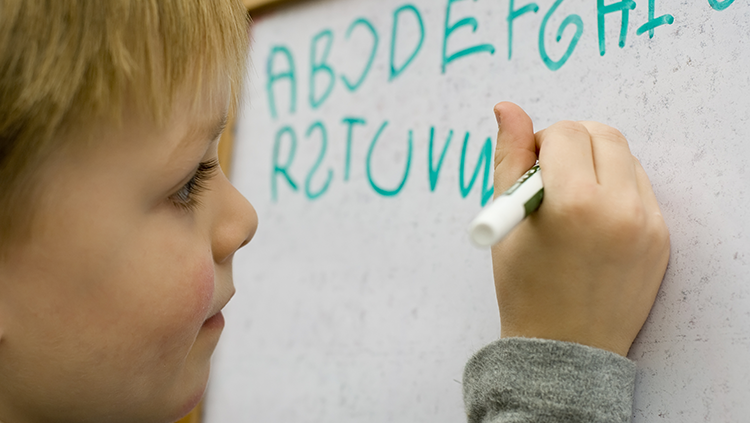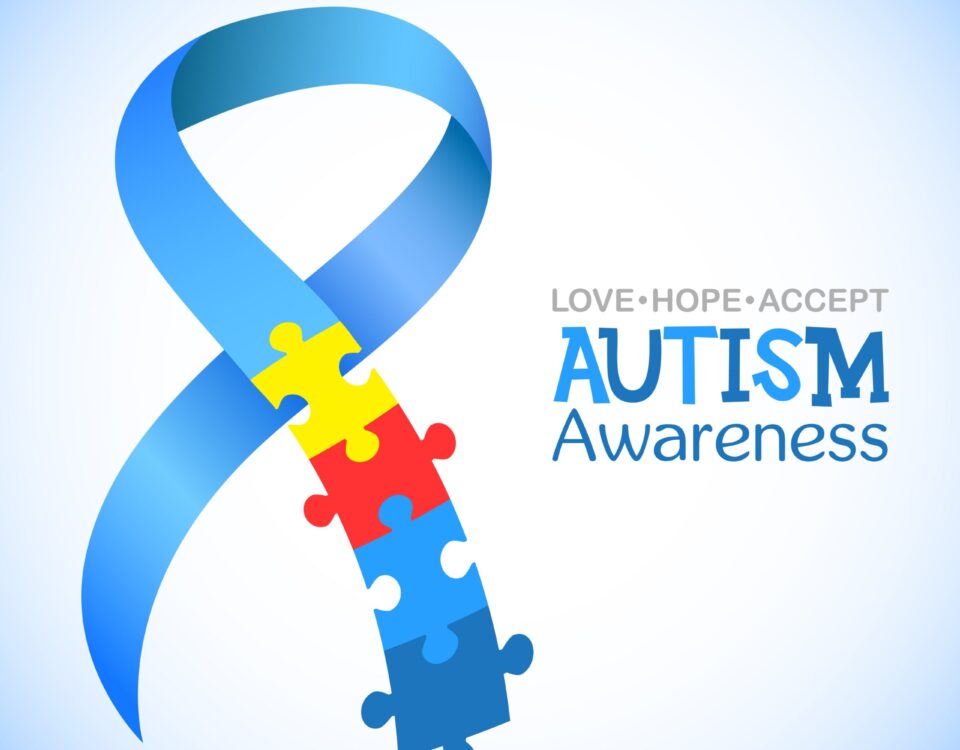- Have any questions?
- (561) 206-2574
- [email protected]
Dyslexic Thinkers

Early Intervention Services
September 13, 2023
The Importance of Mentorship in Children
October 19, 2023Dyslexic Thinkers

Dyslexia is a learning disability that affects the way a person reads and writes. It is caused by a difference in the way the brain processes language.
Strengths of Dyslexic Thinkers
People with dyslexia often have unique strengths and talents. They may be strong visual thinkers, creative problem solvers, and good at seeing the big picture.
Here are some of the strengths of dyslexic thinkers:
- Creativity: Dyslexic thinkers often have a strong imagination and are able to think outside the box. They may be good at coming up with new ideas and solutions.
- Problem-solving: Dyslexic thinkers may be good at identifying and solving problems. They may be able to see things from different perspectives and come up with creative solutions.
- Visual thinking: Dyslexic thinkers often have strong visual thinking skills. They may be able to see patterns and relationships that others may miss.
- Big picture thinking: Dyslexic thinkers may be good at seeing the big picture and understanding complex concepts.
Supporting Dyslexic Thinkers
There are many ways to support dyslexic thinkers. Here are a few tips:
- Provide accommodations: Dyslexic thinkers may need accommodations in school and the workplace. Accommodations may include extra time on tests, access to text-to-speech software, and preferential seating.
- Teach to their strengths: Dyslexic thinkers learn best when they are taught to their strengths. For example, a dyslexic student may learn best by using visual aids and hands-on activities.
- Encourage creativity: Dyslexic thinkers are often creative problem solvers. Encourage them to use their creativity to solve problems and come up with new ideas.
- Celebrate their successes: Dyslexic thinkers may have to work harder than others to achieve their goals. Celebrate their successes, no matter how small they may seem.
Dyslexia is a learning disability that can affect people of all ages and intelligence levels. There are different types of dyslexia, each with its own unique set of strengths and challenges. By understanding the different types of dyslexic thinkers, we can better support students and adults with dyslexia to reach their full potential.

